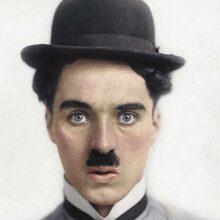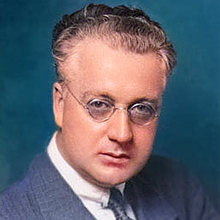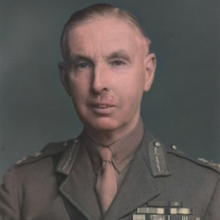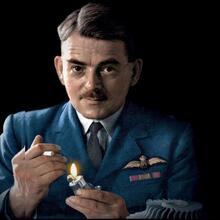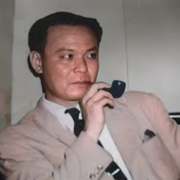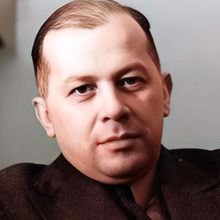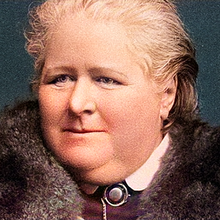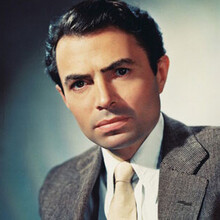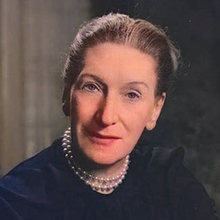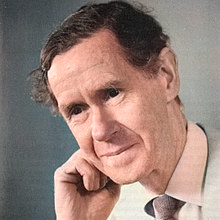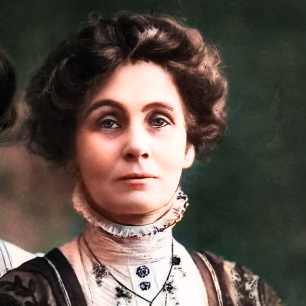
Personal
Other names:
Job / Known for:
Political activist and suffragette leader
Left traces:
Women’s suffrage movement Women Political Union
Born
Date:
1858-07-15
Location:
GB
Manchester, England
Died
Date:
1928-06-14 (aged 70)
Resting place:
GB
Death Cause:
Impairment of well-being
Family
Spouse:
Richard Pankhurst (1879–1898)
Children:
Christabel, Sylvia, Adela, Harry, and Frank Pankhurst
Parent(s):
Robert Goulden and Sophia Craine Goulden
QR Code:
 My QR code:
Emmeline Pankhurst
https://DearGone.com/10233
My QR code:
Emmeline Pankhurst
https://DearGone.com/10233
Key Ownner:
Not yet supported by key owner
Show More
Rank
Users ranking to :
Thanks, you rate star
Ranking
5.0
1
About me / Bio:
Show More
Article for Emmeline Pankhurst
Died profile like Emmeline Pankhurst
Comments:
